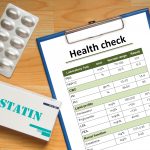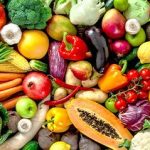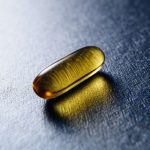
Groceries cost a lot, but it is possible to eat healthy foods without overspending. Experts at the University of Alabama at Birmingham offer tips for healthy eating on a budget. “Maintaining a healthy diet is not only about what you eat but also about making mindful choices,” said Emily Davidson, employee wellness manager at UAB. “A little planning, creativity and smart shopping can help people enjoy a nutritious diet without breaking the bank.” Planning your meals is key. It saves money that you might otherwise spend on impulse buys. Plan for incorporating fresh, seasonal fruits and vegetables, Davidson suggested. “When planning meals, look for what’s in season,” she said in a university news release. “Notice that some fruits and vegetables are more expensive during different seasons because not all produce grows year-round. Getting fresh fruits and veggies in their off-season is expensive because it requires extra travel and shipping costs.” Make a shopping list to help curb impulse buying. Shopping online and doing grocery pickup can help save money, too. “Before heading to the store, list the items needed for your planned meals and stick to it,” Davidson said. “This will help avoid buying unnecessary items that seem tempting.” Bulk buying of staples offers value for the money, Davidson said. Buy rice, beans, oats and frozen fruits and veggies in bulk. Don’t ignore frozen produce.… read on > read on >





























-300x200.jpg)







-300x169.jpg)
